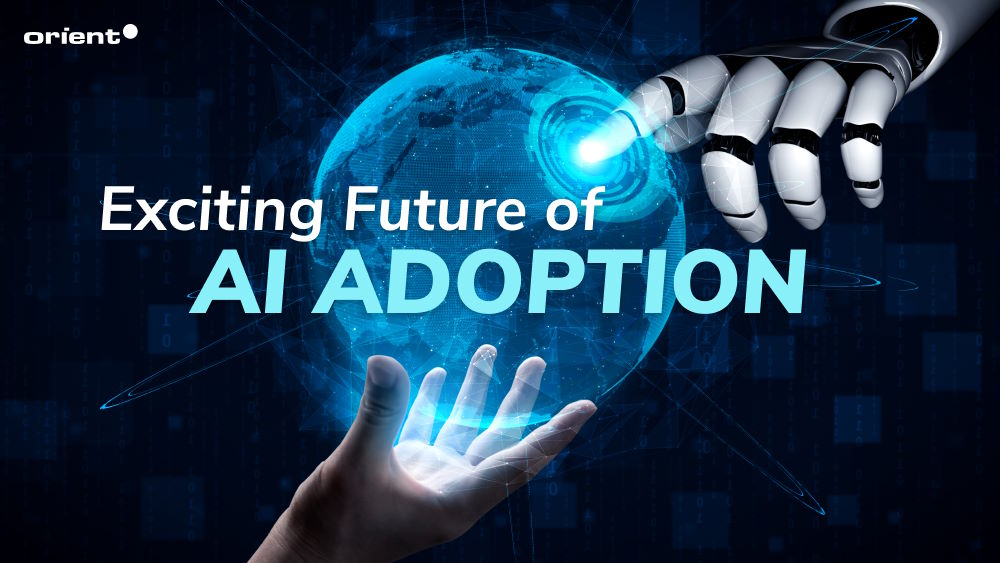
Lower-cost AI tools might reshape tasks by giving more workers access to the innovation.
- Companies like DeepSeek are developing low-cost AI that might help some workers get more done.
- There could still be threats to workers if companies turn to bots for easy-to-automate tasks.
Cut-rate AI may be shaking up market giants, however it's not most likely to take your task - at least not yet.
Lower-cost techniques to establishing and visualchemy.gallery training artificial intelligence tools, from upstarts like China's DeepSeek to heavyweights like OpenAI, will likely allow more people to acquire AI's performance superpowers, market observers told Business Insider.

For lots of employees worried that robots will take their tasks, that's a welcome advancement. One scary prospect has actually been that discount rate AI would make it much easier for companies to swap in cheap bots for pricey people.
Naturally, that might still occur. Eventually, the innovation will likely muscle aside some entry-level employees or those whose roles mainly consist of repeated jobs that are simple to automate.
Even greater up the food chain, staff aren't always devoid of AI's reach. Salesforce CEO Marc Benioff stated this month the business may not hire any software engineers in 2025 because the firm is having a lot luck with AI agents.
Yet, broadly, for numerous workers, lower-cost AI is likely to expand who can access it.
As it becomes more affordable, it's much easier to integrate AI so that it ends up being "a sidekick instead of a risk," Sarah Wittman, an assistant teacher of management at George Mason University's Costello College of Business, told BI.
When AI's price falls, koha-community.cz she said, "there is more of a widespread acceptance of, 'Oh, this is the method we can work.'" That's a departure from the state of mind of AI being a pricey add-on that companies might have a hard time validating.
AI for all
Cheaper AI might benefit workers in areas of a company that often aren't seen as direct revenue generators, Arturo Devesa, primary AI architect at the analytics and data company EXL, told BI.
"You were not going to get a copilot, maybe in marketing and HR, and now you do," he said.
Devesa said the path revealed by companies like DeepSeek in slashing the cost of establishing and carrying out large language models alters the calculus for employers choosing where AI may settle.
That's because, for a lot of large companies, such determinations element in cost, accuracy, and speed. Now, with some costs falling, cadizpedia.wikanda.es the possibilities of where AI might appear in a workplace will mushroom, Devesa stated.
It echoes the axiom that's all of a sudden all over in Silicon Valley: "As AI gets more effective and available, we will see its usage skyrocket, turning it into a commodity we just can't get enough of," Microsoft CEO Satya Nadella composed on X on Monday about the so-called Jevons paradox.
Devesa said that more productive workers will not necessarily reduce need for wiki.fablabbcn.org people if companies can develop brand-new markets and new sources of revenue.
Related stories
AI as a commodity
John Bates, CEO of software company SER Group, informed BI that AI is becoming a commodity much quicker than anticipated.
That suggests that for tasks where desk workers may require a backup or somebody to confirm their work, affordable AI might be able to step in.
"It's terrific as the junior knowledge employee, the thing that scales a human," he said.
Bates, a former computer technology teacher at Cambridge University, said that even if a company already planned to use AI, the reduced costs would boost return on investment.
He also said that lower-priced AI might give small and medium-sized services easier access to the technology.
"It's simply going to open things up to more folks," Bates said.
Employers still need human beings
Even with lower-cost AI, human beings will still have a location, stated Yakov Filippenko, CEO and founder of Intch, which helps experts discover part-time work.
He said that as tech companies compete on cost and drive down the cost of AI, lots of companies still won't aspire to eliminate employees from every loop.
For instance, Filippenko stated companies will continue to require developers due to the fact that somebody has to validate that brand-new code does what an employer desires. He stated business work with employers not just to complete manual work; employers also desire a recruiter's viewpoint on a prospect.
"They spend for trust," Filippenko said, referring to employers.
Mike Conover, CEO and creator of Brightwave, a research platform that uses AI, told BI that an excellent portion of what individuals carry out in desk jobs, in specific, consists of jobs that could be automated.
He said AI that's more commonly readily available due to the fact that of falling expenses will permit people' imaginative capabilities to be "maximized by orders of magnitude in terms of the elegance of the issues we can solve."
Conover thinks that as costs fall, AI intelligence will also infect far more locations. He stated it's comparable to how, decades earlier, the only motor in an automobile may have been under the hood. Later, as electrical motors diminished, they showed up in places like rear-view mirrors.

"And now it's in your tooth brush," Conover said.
Similarly, Conover said universal AI will let specialists create systems that they can customize to the requirements of jobs and workflows. That will let AI bots handle much of the dirty work and permit employees ready to explore AI to handle more impactful work and perhaps move what they're able to concentrate on.








